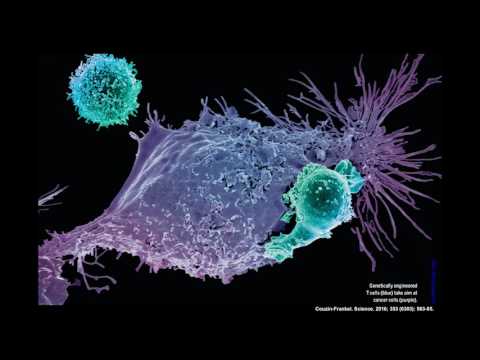Causes and Diagnoses
Causes and Diagnoses of Vulvar Cancer
The exact cause of vulvar cancer is unknown, but certain factors can increase your risk of developing this type of cancer. Risk factors include:
- Age: The majority of women diagnosed with vulvar cancer are over 65.
- Human papillomavirus (HPV): HPV is a sexually transmitted infection that increases your risk of vulvar cancer. Most women with HPV don’t have further problems as their immune system quickly fights the virus.
- Smoking: Your risk of developing vulvar cancer increases if you smoke cigarettes.
- Human immunodeficiency virus (HIV): HIV causes acquired immunodeficiency syndrome (AIDS). Because this virus harms your immune system, it makes women more likely to get and remain infected with HPV.
- Vulvar intraepithelial neoplasia (VIN): This condition indicates that there are precancerous changes in the top layer of the skin covering your vulva. VIN is not cancer, but there is a risk that it may develop into vulvar cancer, usually over many years.
- Chronic vulvar skin conditions: Some long-term vulvar skin conditions, such as lichen sclerosus and lichen planus, are associated with vulvar cancer.
- Other genital cancers: Women with cervical cancer are at a higher risk of developing vulvar cancer.
- Melanoma: Woman with atypical moles on other parts of their bodies have an increased risk of having a melanoma of the vulva.
Diagnoses
When your symptoms suggest vulvar cancer, your physician will use the following procedures to make a diagnosis:
- A detailed medical history
- A thorough physical exam
- Pelvic examination of your uterus, vagina, ovaries, bladder and rectum (may include a Pap test)
- Colposcopy: A procedure in which a special magnifying scope is used to examine your vulva and vagina
- Biopsy: Removal of a sample of tissue, to see if the tissue contains cancer cells
If you are diagnosed with vulvar cancer, Northwestern Medicine is home to the very latest treatment options delivered by skilled cancer specialists. We take a multidisciplinary approach to diagnosing and treating the disease and our surgical results for treating cancer are among the best anywhere. Together, we will develop a treatment plan, tailored to your specific condition, that offers the help and hope you need.


